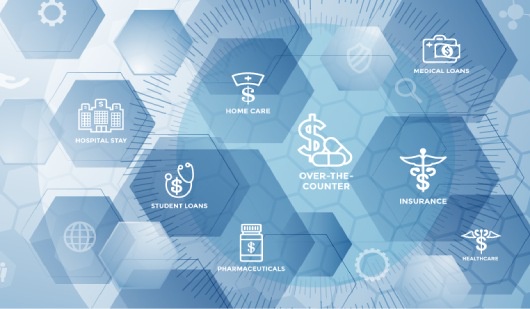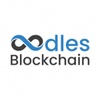The healthcare sector is under growing pressure to update its payment methods, boost security, and increase efficiency in the digital age. With blockchain development services, stakeholders can build solutions that bring transparency, immutability, and decentralized control, which presents a possible answer to these problems. We’ll examine the revolutionary possibilities of blockchain technology for healthcare payments in this extensive blog, going over its advantages, drawbacks, and practical uses.
Blockchain in Healthcare Payments
Blockchain is a distributed ledger technology that facilitates safe and transparent recording of transactions over a network of computers. By offering a tamper-proof record of transactions, blockchain can expedite procedures, lower fraud, and enhance data integrity in the context of healthcare payments.
Also, Read | Application of Blockchain and Internet of Things (IoT) in Healthcare
Advantages of Blockchain Technology for Healthcare Payments
Strengthened Security
Blockchain encrypts transactions using cryptographic techniques to prevent unauthorised access and manipulation of private medical data.
Enhanced Effectiveness
Blockchain can decrease administrative costs and optimize the payment workflow by doing away with middlemen and automating payment procedures.
Enhanced Transparency
Stakeholders can track payments in real time and guarantee accountability thanks to blockchain’s transparent and auditable record of payment transactions.
Lower Expenses
Blockchain enables healthcare companies to reduce transaction costs, reduce losses from fraud, and allocate resources more efficiently, all of which save money.
Smooth Integration
Blockchain can interface with current electronic health records (EHR) and payment systems in the healthcare industry, promoting data sharing and interoperability.
You may also like | The Intersection of Healthcare, Metaverse, and Blockchain
Blockchain’s Practical Use in Healthcare Payments
Claims Processing
By safely storing claim data, confirming eligibility, and automating payment disbursements, blockchain can simplify the processes involved in processing claims.
Medical Billing and Revenue Cycle Management
By storing billing data on a distributed ledger and minimizing billing errors and disputes, blockchain can increase medical billing accuracy and transparency.
Patient Billing and Payments
Patients can track their medical costs and safely make payments with blockchain’s ability to enable safe and transparent patient billing and payment procedures.
Supply Chain Management
By logging transactions about the purchase, distribution, and payment of drugs, blockchain can improve supply chain transparency and traceability in the healthcare industry.
Also, Explore | Revolutionizing Healthcare with Web3
Challenges and Considerations
Regulatory Compliance
Healthcare organisations using blockchain-based payment systems need to go past privacy laws and regulatory standards in order to guarantee compliance with HIPAA and other regulations.
Scalability
Blockchain technology still faces scalability issues, particularly in high-volume healthcare payment settings where transaction throughput is critical.
Data Privacy
Although blockchain technology provides increased security, protecting the privacy of private medical information is still crucial. To protect patient information, healthcare organizations need to have strong encryption and access controls in place.
Interoperability
The current healthcare IT infrastructure can be challenging to integrate with blockchain-based payment systems. Healthcare businesses must make investments in interoperability standards and protocols to facilitate seamless data transmission.
Also, Read | AI and Blockchain for Technological Advancements in Healthcare
Conclusion
Blockchain can transform healthcare payments by providing increased security, effectiveness, and transparency. Blockchain-based payment systems have the potential to improve patient outcomes, reduce costs, and simplify operations for healthcare organisations. Although there are still issues with scalability and regulatory compliance, the potential advantages of blockchain technology for healthcare payments are too great to pass up. Interested in exploring the potential of blockchain in healthcare? Connect with our skilled blockchain developers to get started.


No comments yet